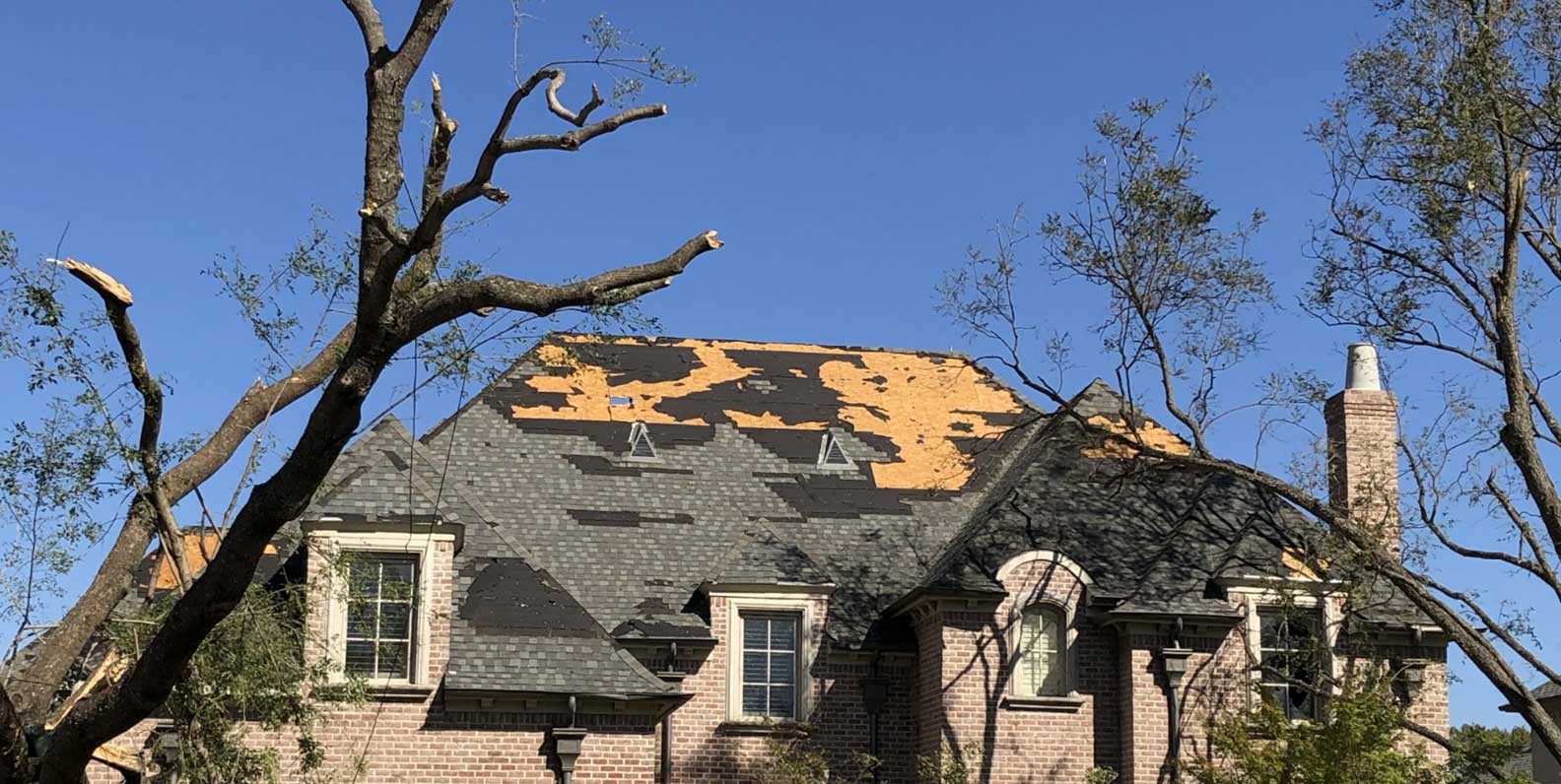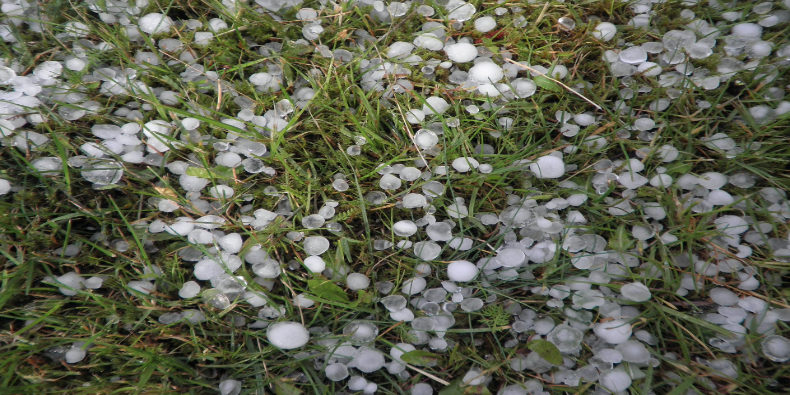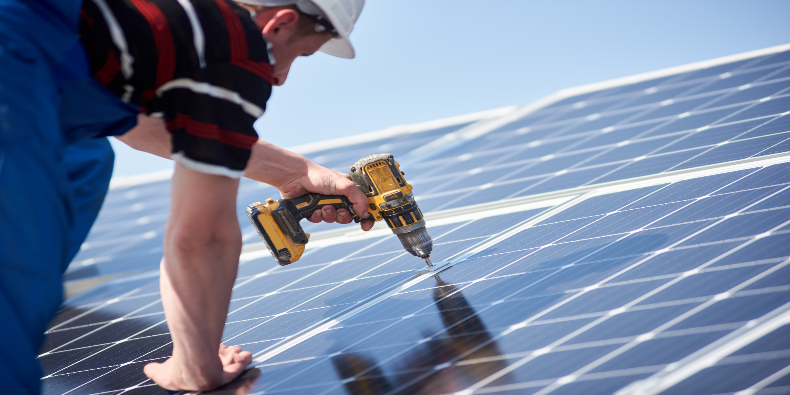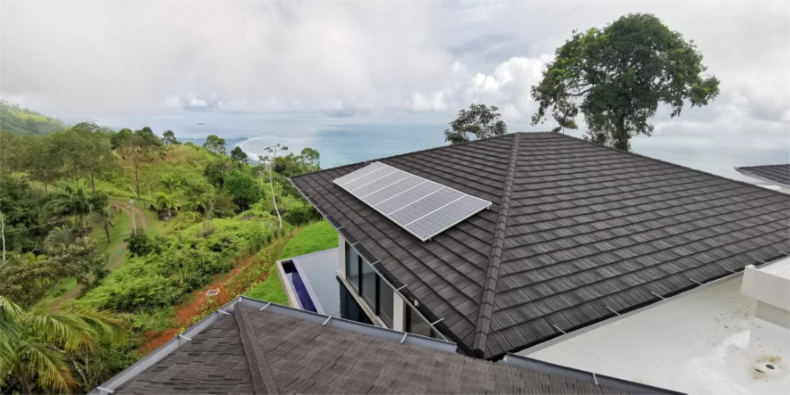Tornado Alley has historically been associated with states like Oklahoma, Colorado, Texas, and Kansas. However, recent years have shown a notable shift as severe storms with the potential for tornadoes now extend well beyond these traditional boundaries.
Take Ohio, for example. In 2024, the Buckeye State recorded a staggering 43 tornadoes—the highest in the nation. This particular surge in tornadoes was caused by unusual weather patterns, such as cold fronts chasing warm fronts, that created the perfect conditions for tornado formation.
Pittsburgh experienced a significant and unexpected surge in tornado activity in May 2024. The city recorded 16 tornadoes within that single month, exceeding the cumulative total of 14 tornadoes documented between 1995 to 2023.
As tornado events become more frequent, homeowners are reassessing their preparedness for severe weather. One of the most critical aspects of this preparation is selecting the right roof.
For this reason, metal roofing has become a top choice amongst homeowners due to its exceptional durability, wind resistance, and impact resistance. Further, the lightweight nature and superior structural reinforcement capabilities of metal roofing enhance its suitability for severe weather conditions.
In this article, we will cover the key features that make metal roofing an excellent choice for tornado-prone regions.
- Wind-Resistant Metal Roofing for Tornadoes
- Impact-Resistant Metal Roofing for Protection Against Debris
- The Lightweight Advantage of Metal Roofing
- Resources for Choosing a Tornado-Resistant Roof
Wind-Resistant Metal Roofing for Tornadoes
One of the primary reasons metal roofing excels in tornado-prone areas is its superior wind resistance. Metal roofs are designed with features that help them withstand high winds and prevent wind uplift, allowing the roof to remain securely attached to the structure even during severe weather events.
Interlocking Panels
Metal roofs are typically made of interlocking panels that connect either by snapping together or through concealed fasteners. This creates a continuous surface that resists wind uplift and prevents the panels from being lifted or torn off by strong gusts.
The interlocking design also helps mitigate the push-pull force created by air pressure differences during a tornado, reducing the risk of the roofing material being displaced.
-2.png?width=2500&height=1354&name=DECRA%20Wind%20Uplift%20Graphic%20Final%20Transparent%20wBackground%20(1)-2.png)
Secure Fastening
Metal roofs are typically secured to the roof deck with screws or clips, rather than nails. These fasteners are less likely to loosen or fail under wind pressure, providing a more secure attachment. The combination of interlocking panels and robust fastening methods ensures that metal roofing remains firmly in place, even when subjected to hurricane-force winds.
For example, DECRA metal roofs utilize a unique interlocking panel system that ensures each roofing panel is securely fastened to the roof deck. This system prevents the panels from being lifted or displaced by high winds, a common issue with traditional roofing materials like asphalt shingles, clay tiles, and wood shakes, which are prone to loosening and detachment under wind stress (as seen below).

Impact-Resistant Metal Roofing for Protection Against Debris
Tornadoes are destructive not just because of their winds, but also because of the hail and debris impact that come with them.
These projectiles can wreak havoc on your roof, causing punctures, leaks, and even structural damage. To safeguard your home from this onslaught, impact resistance becomes a non-negotiable factor when selecting a roof for tornado-prone regions.
Metal roofing offers superior impact resistance compared to traditional materials, and most metal roofing products have achieved the highest possible impact rating: the UL2218 Class 4. This rating means that a roof has been proven to withstand the impact of a 2-inch steel ball dropped from a height of 20 feet without sustaining damage.
The Lightweight Advantage of Metal Roofing
In addition to wind and impact resistance, the weight and shear strength of a roof are crucial factors in determining its ability to withstand the intense forces exerted by a tornado.
Lightweight Roofing: Mitigating Uplift Forces
A lightweight roof is inherently less susceptible to the uplift forces generated by high winds during a tornado. This reduces the risk of catastrophic damage and helps preserve the structural integrity of the home. Additionally, lighter roofing materials possess lower inertia, meaning they are less resistant to sudden changes in motion, further reducing the likelihood of being torn away by the powerful forces of a tornado.
Shear Strength: Ensuring Structural Integrity
Shear strength is the ability of a material to resist parallel forces that try to tear it apart. Tornadoes generate immense shearing forces that can rip even the strongest roofs apart.
For instance, traditional roofing materials like tile or slate can be excessively heavy, placing a significant burden on a home's structure. During a tornado, this added weight can increase the risk of catastrophic roof failure or even structural collapse.
In contrast, steel roofs such as DECRA Metal Roofing, are especially ideal for withstanding high winds due to their lightweight nature and high tensile strength.
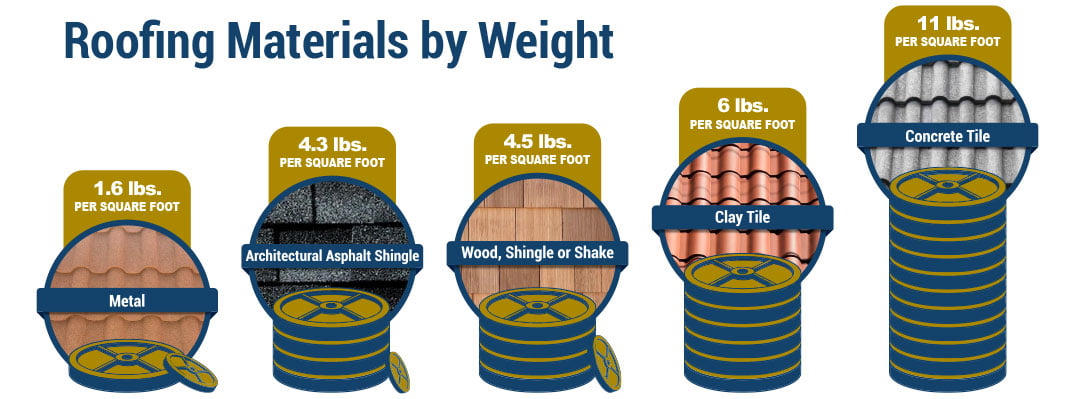
Resources for Choosing a Tornado-Resistant Roof
To help you make an informed decision for your home, we've compiled some helpful resources and guides:
- 10 things to know about metal roofing.
- Guide to Class 4 impact resistance.
- What to know about roofing and insurance.
- Metal roofing gallery.
- Home Visualizer: See what a metal roof will look like on your home.
About DECRA Metal Roofing
As the original manufacturer of stone-coated metal roofing products, DECRA has set the industry standard for durable, long-lasting, and stunning residential roofing since 1957.
Designed to withstand severe weather conditions, DECRA metal roofs are an excellent choice for homeowners in tornado-prone areas.
But don’t worry, the industrial strength of metal roofing doesn’t have to come with industrial aesthetics.
At DECRA, we believe that strength shouldn't compromise style. Our diverse range of profiles and colors beautifully replicates the look of traditional roofing materials like asphalt shingles, clay tiles, and wood shakes to achieve your desired aesthetic without sacrificing performance.

Every DECRA roof is manufactured at our state-of-the-art facility in California and undergoes rigorous testing that exceeds industry standards. This commitment to quality ensures that every panel leaving our factory embodies the exceptional performance and longevity that DECRA is known for.
Intrigued? See and feel the DECRA difference by ordering a complimentary sample today.
Editor’s Note: This blog was originally published in May 2021, but has been updated with relevant information.

